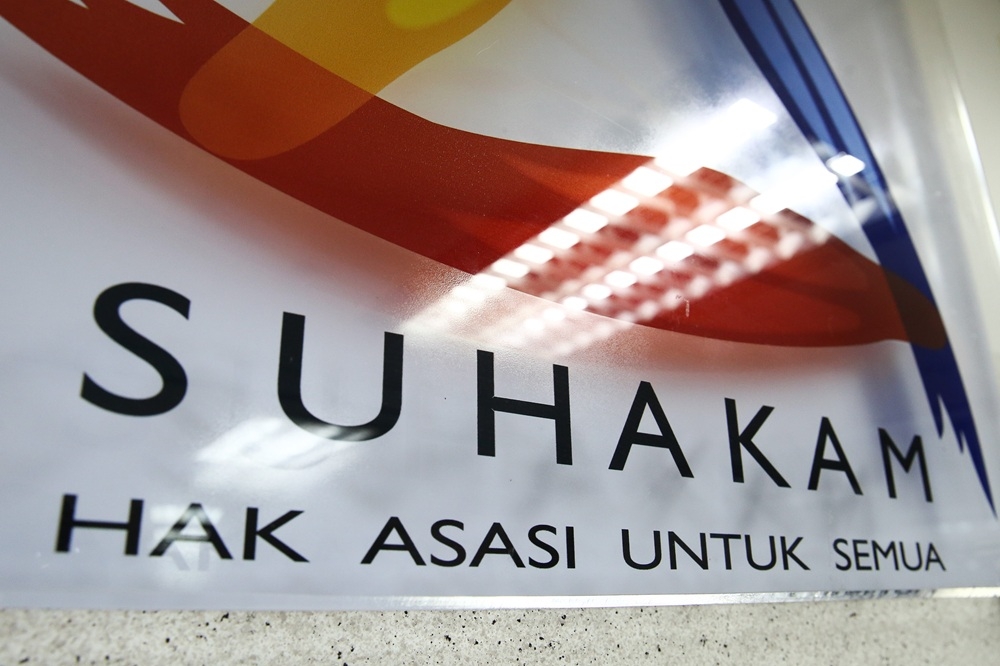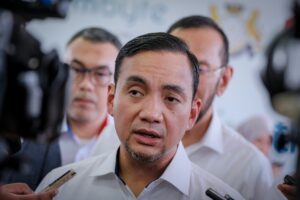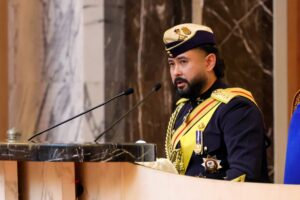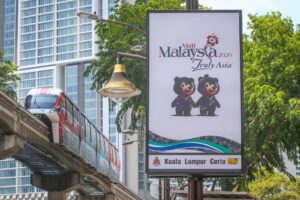KUALA LUMPUR, Sept 22 — The Human Rights Commission of Malaysia (Suhakam) criticised today a police investigation into a student leader over comments on university admissions, warning that such actions threaten free speech and Malaysia’s democratic values.
The probe involves the president of the University of Malaya Association of New Youth (Umany), who reportedly suggested replacing the government’s matriculation system with the Sijil Tinggi Persekolahan Malaysia (STPM) as the sole standard for admission into public universities.
Suhakam said it was “far-fetched” to treat the remarks as a crime under Section 505(b) of the Penal Code, which deals with statements likely to cause public alarm.
“One may agree or disagree with his view, but it is far-fetched to say that his statement is the subject of a crime and deserves investigation,” the commission said in a statement today.
It reminded authorities that freedom of speech is a fundamental right guaranteed under Article 10 of the Federal Constitution, as well as under international human rights standards such as Article 19 of the Universal Declaration of Human Rights.
“Freedom of speech and expression is a fundamental right … and remains an essential part of Malaysia’s democratic framework,” Suhakam said, adding that Malaysia has yet to ratify the International Covenant on Civil and Political Rights (ICCPR), which 174 countries have already joined.
The commission said it has long urged Malaysia to accede to the ICCPR and align its laws with global principles, saying this would “signal Malaysia’s strong commitment to human rights and strengthen its democratic institutions”.
Suhakam also underscored the role of youth in shaping public discourse.
“Student organisations and youth groups play a vital role in shaping democratic discourse by bringing new perspectives, asking difficult questions, and contributing to constructive debate,” it said.
“Their voices, regardless [of] their political views, should be protected and encouraged.”
Quoting a 2011 Court of Appeal decision, Suhakam reminded universities of their duty to foster critical thinking.
“Universities should be the breeding ground of reformers and thinkers, and not institutions to produce students trained as robots,” it said.
While acknowledging the police’s duty to maintain public order, the commission urged enforcement agencies to handle expression-related cases with “sensitivity, proportionality, and respect for constitutional guarantees”.
“It is high time that the PDRM and other enforcement agencies cease practising the stereotyped approach often perceived as being anti-human rights; and instead adopt a matured and professional rights-based approach,” Suhakam said.
The commission concluded by urging all parties to work towards a climate where diverse voices — especially those of youth — can be expressed “openly and constructively in the spirit of building for a more tolerant, democratic and rights-respecting Malaysia”.






